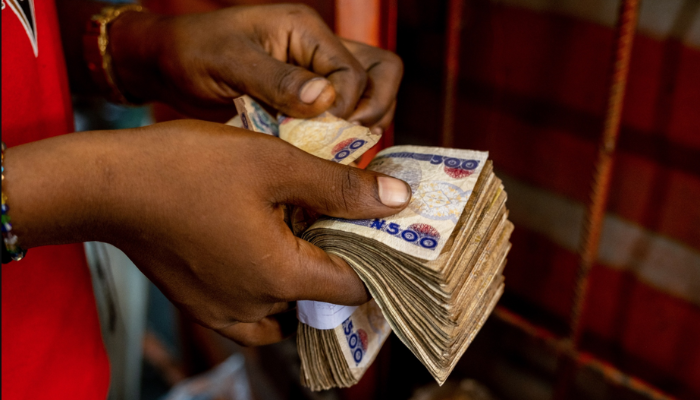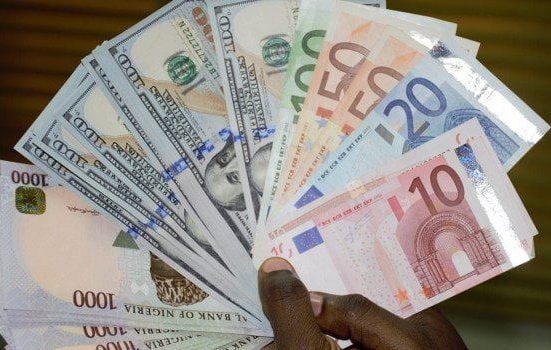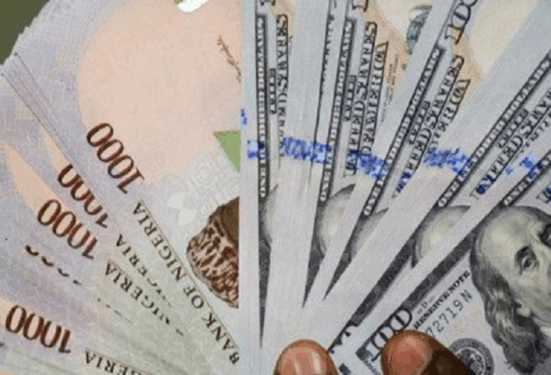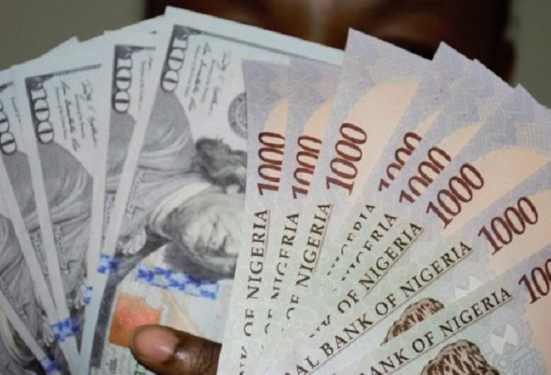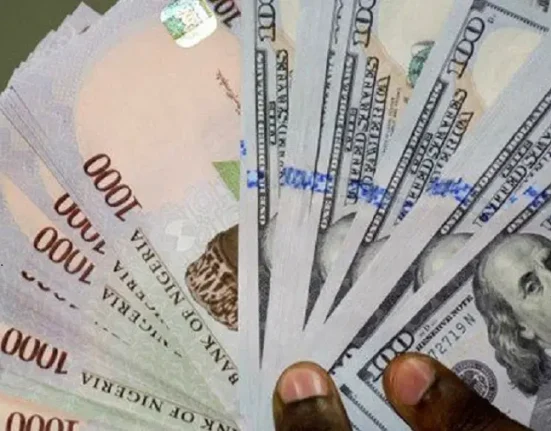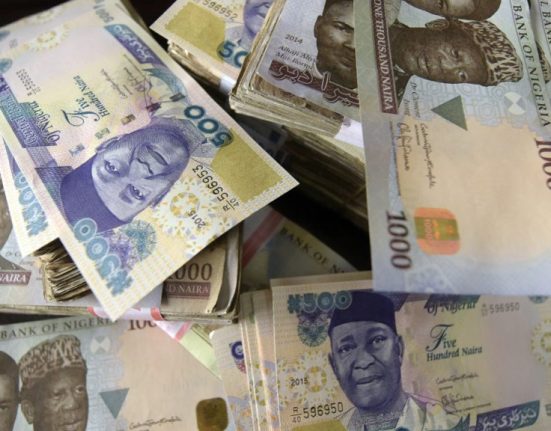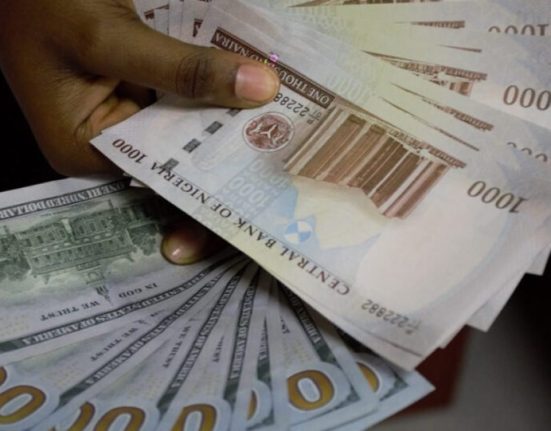July 10, 2025 | Lagos, Nigeria
In a surprising twist amid challenging economic indicators, the Nigerian naira has posted unexpected gains in the foreign exchange market, maintaining relative stability even as the country’s external reserves decline and oil prices weaken.
According to financial analysts, the naira’s resilience can be attributed to a combination of policy interventions by the Central Bank of Nigeria (CBN), improved confidence among foreign investors, and increased dollar inflows from non-oil sources such as diaspora remittances and export proceeds.
Despite the peak summer travel season, typically associated with high demand for foreign currency, the local currency has hovered within the ₦1,450 to ₦1,500 per dollar range on the official window, a notable performance given Nigeria’s declining foreign reserves, now estimated at just above $32 billion, and softer global oil prices hovering around $77 per barrel.
Experts believe the CBN’s tight monetary stance, which includes high interest rates and continued enforcement of forex transparency measures, is helping to suppress speculative activities and manage demand in the parallel market.
“There’s growing confidence in the market due to increased visibility around FX inflows and the CBN’s consistent intervention strategy,” said financial analyst Bode Agbaje. “Also, the unification of exchange rates and the removal of fuel subsidy are improving Nigeria’s macroeconomic outlook, attracting more non-oil inflows.”
Analysts also credit the naira’s stability to structural reforms aimed at boosting exports, streamlining forex processes, and ensuring better monitoring of financial transactions.
However, economists caution that the current gains may not be sustainable unless Nigeria boosts its oil production, tackles inflation, and builds back reserves to cushion against future external shocks.
The CBN is expected to maintain its cautious stance as the country navigates through ongoing economic reforms and global financial uncertainty.

